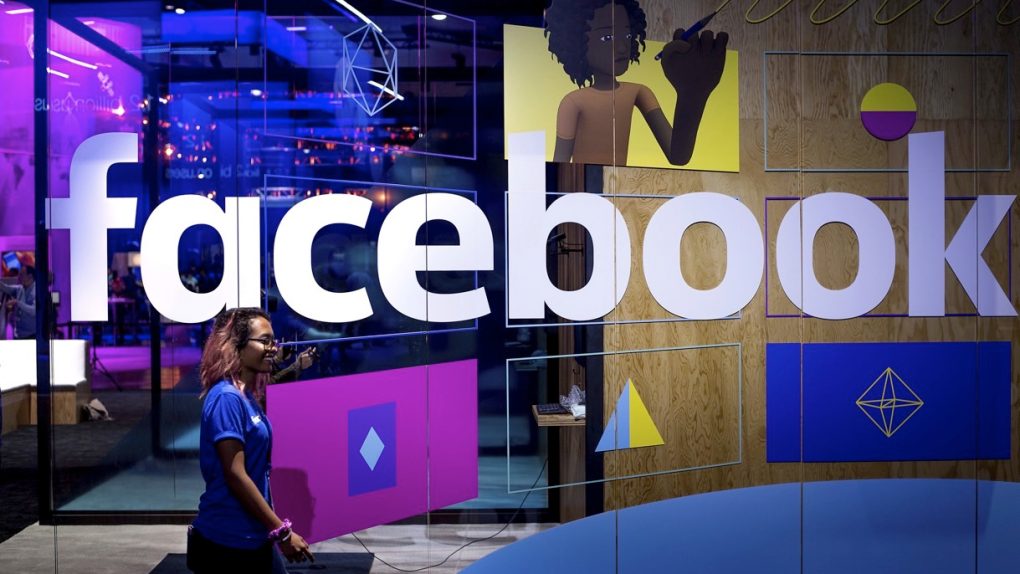Last week, Facebook firmly bolted the gate after the departing horses and told the world that it was suspending Cambridge Analytica and SCL Group from Facebook. That’s the kind of announcement that should have come at least two years ago, given Facebook’s knowledge of the matter. But Facebook came forward only now as it knew the press was about to drop a huge bombshell.
Cambridge Analytica, it turns out, was able to collect Facebook data for more than 50 million Americans through an app, and then used that data to help Republican candidates, first Ted Cruz and then Donald Trump. Facebook painted itself more or less as a victim, accusing Cambridge Analytica and SCL of having abused Facebook to collect said data.
The developer who started all this, University of Cambridge psychology professor Aleksandr Kogan now says that Facebook is lying.
Facebook says in its timeline of events — Mark Zuckerberg published one as well the other day — that Kogan did not play by the rules. While he obtained Facebook user data legitimately at first, just like any other Facebook developer, he then shared that data with a third party illegally, thus violating Facebook’s policies.
Kogan calls Facebook’s side of the story a “fabrication,” according to a recent email sent to his colleagues, obtained by Bloomberg.
Kogan says he used Facebook’s platform to change the terms and conditions of the app from “research” to “commercial use,” and Facebook never flagged the change.
We clearly stated that the users were granting us the right to use the data in broad scope, including selling and licensing the data. These changes were all made on the Facebook app platform, and thus they had full ability to review the nature of the app and raise issues.
“Kogan violated Facebook’s policies whether or not he stated his intention to do so in his own terms of service,” Facebook spokesman Andy Stone told Bloomberg.
Kogan, who already agreed to a Facebook audit and who says he deleted the collected data when Facebook asked him to, said in the email that the FBI or any other law enforcement agencies are yet to interview him, but he would have no problem doing so.
He said in the email that his app started as an academic project, but then turned into a commercial product after being approached by the UK affiliate of Cambridge Analytica, SCL Group, back in 2013.
Kogan’s app recruited Facebook users through a program Qualtrics and asked them to complete a series of surveys:
Through the app, we collected public demographic details about each user (name, location, age, gender), and their page likes (e.g., the Lady Gaga page). We collected the same data about their friends whose security settings allowed for their friends to share their data through apps. Each user who authorized the app was presented with both a list of the exact data we would be collecting and also a Terms of Service detailing the commercial nature of the project and the rights they gave us as far as the data. Facebook themselves have been on the record saying that the collection was through legitimate means.
In the email, Kogan also indicated that the personality profiles he gathered may have not been that useful.
In fact, from our subsequent research on the topic, we found out that the predictions we gave SCL were 6 times more likely to get all 5 of a person’s personality traits wrong as it was to get them all correct. In short, even if the data was used by a campaign for micro-targeting, it could realistically only hurt their efforts.
That doesn’t make it all better. Kogan and Cambridge Analytica still used Facebook to harness all that personal data. And Facebook was more than just a victim.
Kogan’s email also includes some anecdotes about his life. He was born in the former Soviet Union but moved to New York City when he was 7. He recently changed his name from Kogan to Spectre after getting married. “If I am a Russian spy, I am the world’s dumbest spy – I did, after all, change my last name to the James Bond villains,” he wrote.








